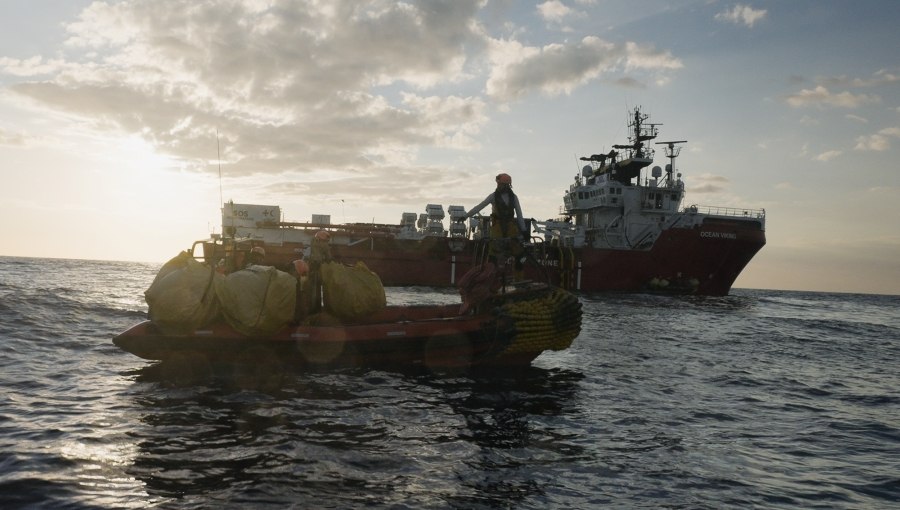Environmental Archaeology and Paleoclimatology: Discovering Connections Between Past, Present, and Future
Professor Jens Koehler starts all of his Environmental Archaeology and Paleoclimatology classes by asking students to comment on current environmental, political and international news and events, and their long-term impacts on the world. This reflection pushes students to consider how societies both past and present have responded to environmental crises, prompting them to brainstorm innovative solutions for contemporary and potential future issues. After a brief discussion, Professor Koehler guides the students as they dive into the environmental landscapes of the ancient world and the Middle Ages.

Professor Koehler’s lectures are based on the analysis of the way humans have impacted the environment and the climate since prehistoric times, as well as how human history has been determined by favorable or hostile environmental conditions. Students learn archaeological methodology and the tools used in the fields of geology and climatology that will allow them to discover, interpret and analyze statistics on environmental and climate research.
Although the course adopts a global perspective, particular attention is given to Italy and the Mediterranean. Since JCU is located in the center of Rome, Professor Koehler is able to translate theory into reality by showing the students vivid and concrete examples of the impact of society on the Roman environment from a historical perspective, and vice versa. Each semester, students embark on a journey along the Tiber River. As they explore the Lungotevere and the Isola Tiberina, Professor Koehler invites them to reflect and study how the river has changed over time.
As the course advances, students learn how to analyze and understand how and why the ecosystem has been disturbed due to prolonged human intervention. Alongside the changing natural landscape, this course also teaches students how human development impacts nature. Professor Koehler views this course as a means to develop students’ critical thinking on climate-related topics which, in turn, equips them to analyze today’s environmental challenges based on theory and methodology – covering rock formation, geological levels, rainfall and temperature – to then debate on climate change and argument what has gone wrong, what can be done and what must change.
A Lesson in Sustainability
JCU student Emili Elias Armengol, an Art History major and Classical Studies minor, shared how this course has helped him develop a clear vision of today’s world conditions: “Professor Koehler’s class offered a completely new perspective. Since analyzing today’s climate situation is challenging, this class helped me understand how the past becomes a necessary tool to comprehend current natural events, and the human response to them. By studying factors like temperature variation over the years, or catastrophes, like the eruption of Vesuvius, we appreciate the changing natural landscape and the behavior of our planet. Overall, the class helped me to develop this vision within the historical and scientific lens of archaeology.”
Regardless of your field of study, this course not only fosters an understanding of antiquity and past environmental crises, but also highlights how historical lessons can inform present decisions. By bridging the past, present and future, students are prompted to think holistically about the ongoing relationship between humans and the environment, ultimately guiding them toward innovative solutions for contemporary and future challenges.





